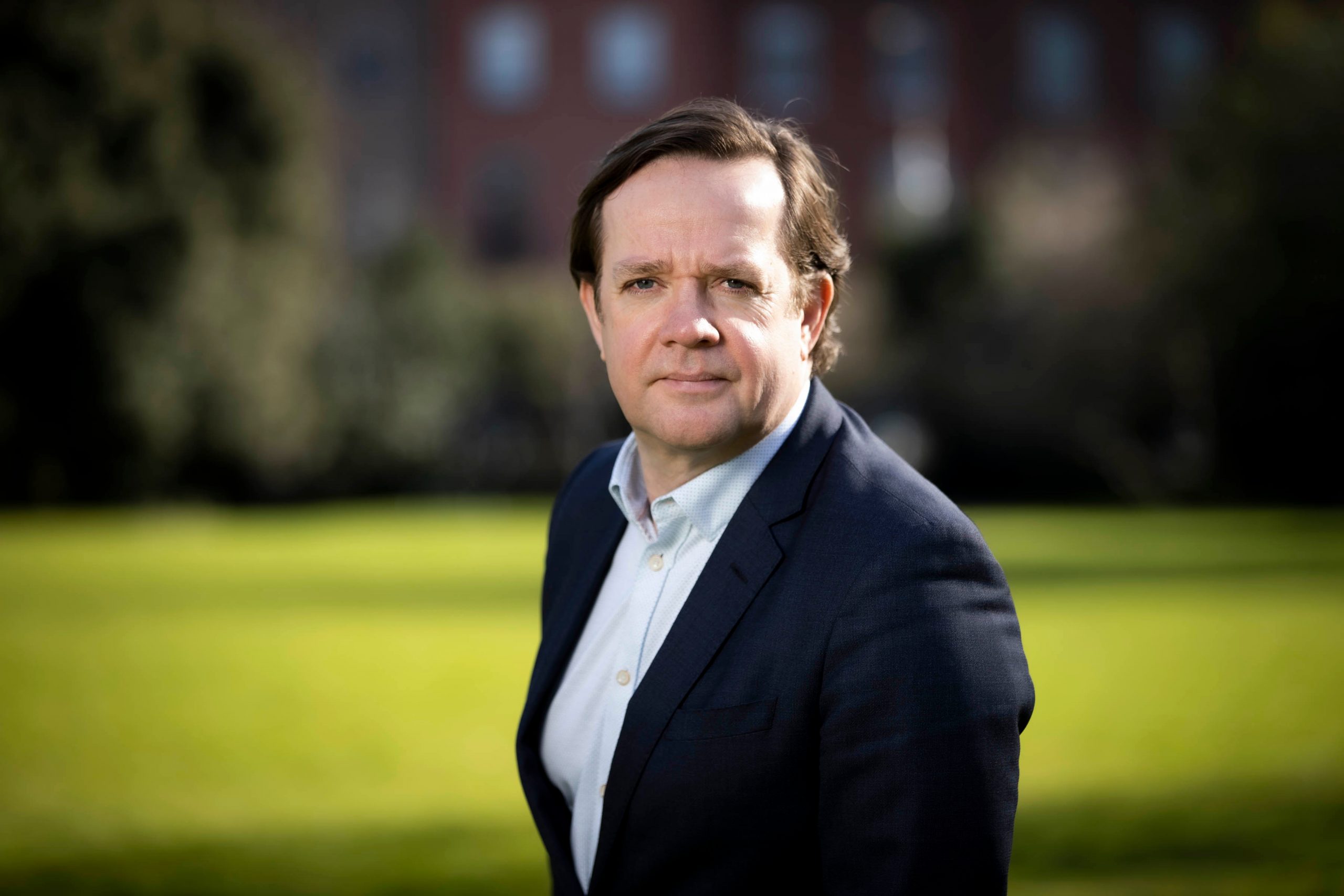Pat Kiely is standing in a cavernous warehouse in Ballymount, a commercial suburb near the Red Cow roundabout in west Dublin. It is late March 1998, and Kiely has left his flourishing job as an advertising executive with DDFH&B to help turn this building into a commercial television station. However, as he surveys empty building, Kiely, barely in his thirties, is having a wobble. “What the hell have I done,” he asks himself. “Can we really do this?” In the end, the answer was yes. The wobble turned to intent and, within six months, the building became the home to…
Cancel at any time. Are you already a member? Log in here.
Want to read the full story?
Unlock this article – and everything else on The Currency – with an annual membership and receive a free Samsonite Upscape suitcase, retailing at €235, delivered to your door.

